Today’s post is the first in a series of 5 that will introduce you to 5 daily habits to renew and rediscover your love.
We are focusing on one habit at a time so that you can learn the importance of each habit, and focus on that habit alone on a daily basis in your relationship so that it will be more likely to stick.
Today’s habit is not just for Thanksgiving, but for every day, and is one of the most important ones out there:
Gratitude
I’ve written about it before and will continue to do so, as I continue to amp up my own gratitude practices on a regular basis.
The power of gratitude in your relationship and in everything you do cannot be overstated.
Where’s the proof that gratitude is so key?
There’s lots of it, and I won’t get too far into depth in the research, but I will share with you some of it as it relates to love.
(There’s ample research out there that shows how key gratitude is for happiness in general as well.)
One study, for example, authored by Lambert & Fincham, demonstrates how the expression of appreciation between partners leads to a safer relationship in which partners feel more comfortable expressing themselves to one another. This kind of safety within a relationship that enables partners to express their needs is a form of relationship stability (that’s basically a good thing).
In fact, the whole new science behind love, pioneered by Dr. Sue Johnson, is all about establishing that safe and secure emotional bond.
Relationships can go really wrong when partners do not feel comfortable to express themselves to each other, which is one reason why that safety is so key to a lasting relationship. Gratitude is one contributor to that sense of safety.
In other studies, gratitude has also been found to be a key factor among newlywed and older couples in marital satisfaction. It’s the gift that never stops giving, and one key to marital satisfaction.
The lesson? Lay on the appreciation thick.
Don’t hold back – and don’t be afraid of rose colored glasses when it comes to being in love.
It’s okay to idolize your partner…
…to some extent.
If you are in an abusive, violent or otherwise toxic relationship, I take that statement back, but for most people, it is actually okay – and even good for your relationship – to idolize your partner.
Sadly, over time, the opposite can happen in many relationships. Those cute quirks that you once admired can become annoyances after living with the same person for over a decade.
My advice to you while you amp up your appreciation game if those quirks are grating on your last nerve:
Remember how you used to feel.
If that means idolizing your partner a bit, go for it.
In fact, one 13 year study demonstrated that partners who idolized each other were less likely to divorce than those who had more “realistic” perceptions of one another.
Admire those crinkled eyes, embrace those bizarre quirks, and express your gratitude for them.
Your daily habits:
At the end of each day, write down 5 things about your partner or his actions that you are grateful for.
Then tell him.
Be mindful as you go about your day what you appreciate, and start to notice those things more.
And tell your partner.
Noticing is great, but to really rev up the benefits of appreciation, you cannot assume your partner is a mind reader and has this implicit understanding that you appreciate them.
(Nearly ALL of the couples and individuals I see are guilty of this assumption that their partners can read their minds, by the way.)
My prediction?
The better you get at noticing and being grateful, the more things you’ll find for which you’re grateful. You’ll also start to hear about how much you are appreciated in return. Who doesn’t want that?
Go for the Gold:
Get your partner in on this and ask him to join you in this gratitude challenge.
Then leave me your comments below about how this goes.
Cheers to thriving in business & love,
Sources
Lambert N. M. & Fincham, F. D. (2011) Expressing Gratitude to a Partner Leads to More Relationship Maintenance Behavior, Emotion: Vol. 11, No. 1, pp. 52–60.
Miller, P.J.E., Niehius, S. & Huston, T.L. (2006) Positive illusions in marital relationships: A 13-year study. Personality & Social Psychology Bulletin: Vol. 32, No. 12, pp. 1579-94.
Schramm, D. G., Marshall, J. P., & Harris, V. W. (2005). After “I do”: Thenewlywed transition, Marriage & Family Review, Vol. 38, pp. 45-67.
Sharlin, S. A. (1996). Long-term successful marriages in Israel, Contemporary Family Therapy: An International Journal: Vol 18, pp. 225-242.
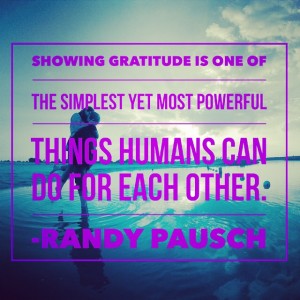



 Loading...
Loading...

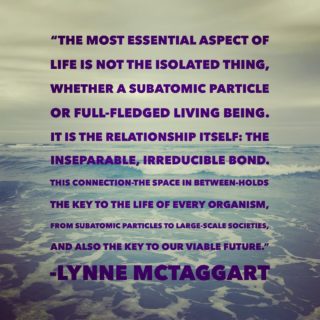


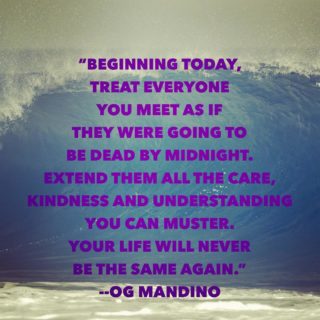
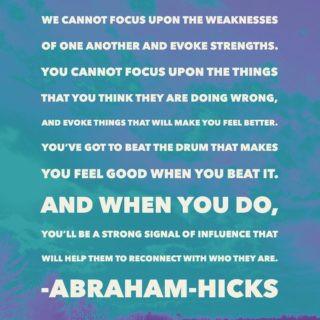






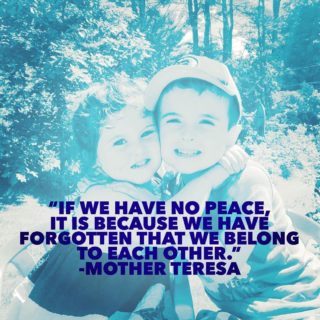

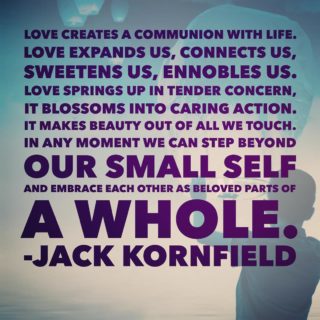
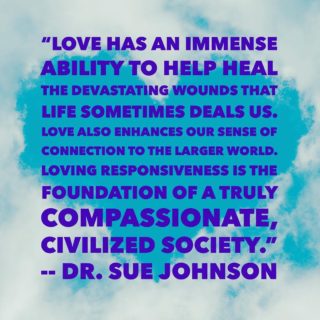

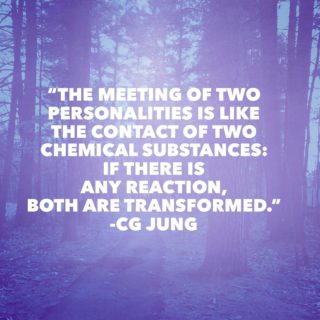



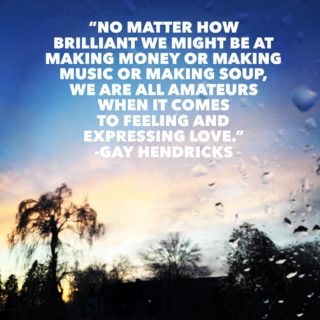

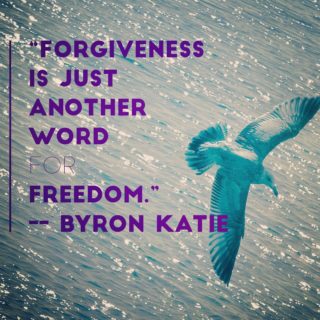






Jenev! Thank you for sharing that. I absolutely adored the content. I’m gonna try this!
Awesome, Melissa! Thanks for your comment! Report back and let us know how things are going after a week 🙂